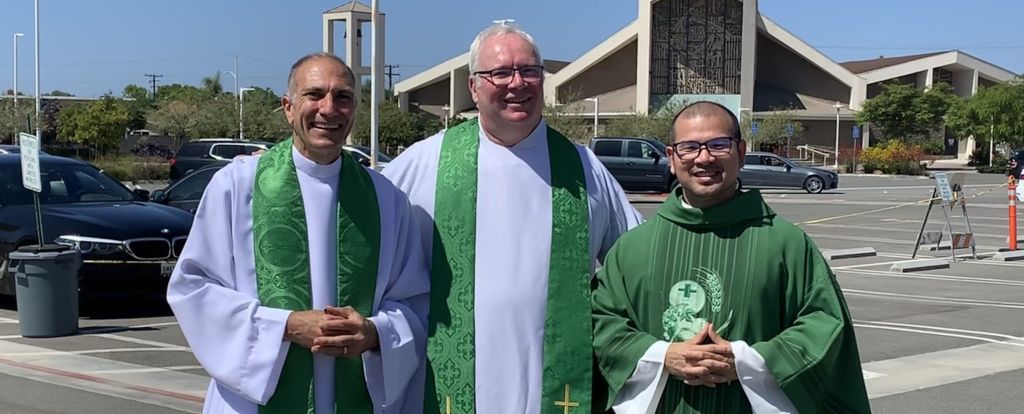
Pastoral Message – February 13, 2022
Dear Parishioners and Visitors,
What would you prefer, to be rich or to be poor? To be rich or to be poor, which seems better to you? Maybe this is not a hypothetical question for you. I could ask instead, to be rich or poor, which have you already experienced to be the better state of existence?
For many of us, we would much prefer to be rich, famous, and powerful. No matter where one lives in this world, money, power and fame, afford a notable level of relative comfort. For our human perspective, wealth is considered to be blessing. On the other hand, poverty is regarded as a curse. But what if those riches, power, or fame lead to immorality or injustice? As we have learned, anything that leads us to ignore or disobey God’s commands is more like a curse than a blessing. Conversely, to experience poverty, hunger, or oppression does not always have to lead to unhappiness. These conditions may be like blessings in disguise if they help us to love and obey God more. Our relationship with God, not our worldly status, determines blessedness. True blessedness is being in the grace and favor of God.
In the first reading, we hear that those who trust in God are blessed and will bear fruit. In the second reading, Paul reminds us that our hope is in the risen Christ. In the Gospel, Jesus turns upside down the notion of what it means to be “blessed” by giving us the Beatitudes. God first reveals Beatitudes in the Hebrew Scriptures, such as in the Psalms and in Wisdom literature. They are a way to teach about who will find favor with God. The word blessed in this context might be translated as “happy,” “fortunate,” or “favored.”
We also learn, the word “poor” in the ancient biblical sense does not necessarily mean material poverty. For example, King David, a man at the top of the social scale, was poor in spirit. A person poor in spirit is one who puts his trust in the Lord. He is one who knows that he cannot count on himself or on his own strength. This kind of person is focused on God’s providence and guidance and is not rooted in material things.
The Catechism of the Catholic Church also teaches us: “Blessed are the poor in spirit” reveals an order of happiness and grace, of beauty and peace. Jesus celebrates the joy of the poor, to whom the Kingdom already belongs: The Word speaks of voluntary humility as “poverty in spirit,” the Apostle gives an example of God’s poverty when he says: “For your sakes He became poor.”
Moreover, we need to understand that the Lord doesn’t grieve over the rich if they are being faithful to his teaching. Do we have to believe that anyone who has more than sufficient money or even just enough money will not enter the kingdom? Do we have to believe that anyone who has sufficient food cannot enter the kingdom? Do we have to believe that all those who laugh are not going to enter the Kingdom? Of course not! Our Lord aims precisely at changing our inner attitude and tendency of putting things and people before God.
As we reflect upon the Beatitudes today, let us look at which Beatitude most inspires us. This inspiration we feel is God’s gentle way of helping us to live and to practice his will in our life. The Lord invites us to practice the beatitudes and experience the happiness of being like him. He wants us to live out the beatitudes on earth so as to fully enjoy the life to which he calls us in Heaven.
Blessings and peace!
Fr. T,

